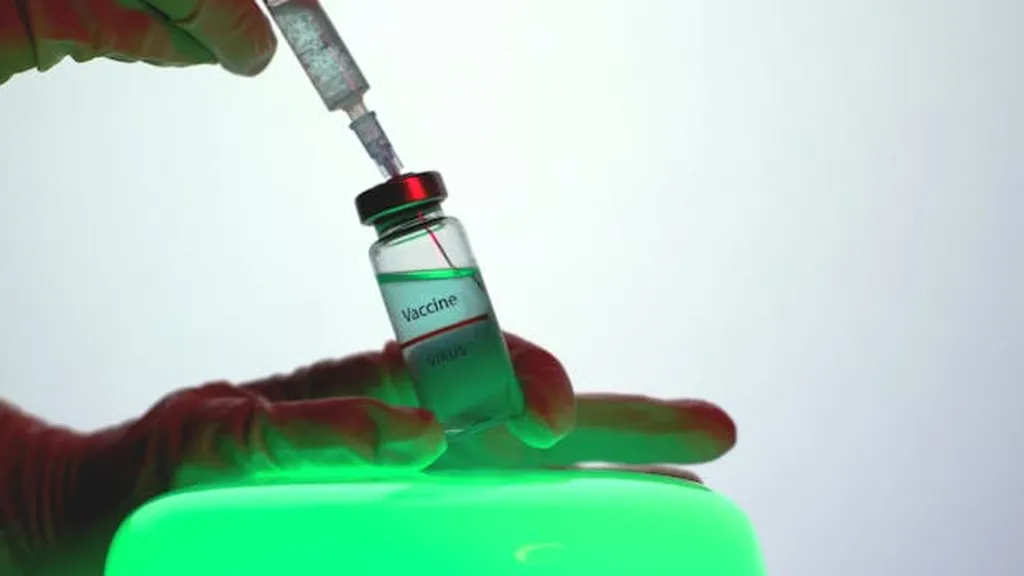In the ever-evolving landscape of agricultural technology, a groundbreaking development has emerged from the labs of Guangzhou College of Technology and Business in Foshan, China. Researchers, led by Yong-Jun Li, have successfully developed an ultrasensitive monoclonal antibody against butralin, a widely used herbicide. This innovation, published in the esteemed journal *ACS Omega*, could potentially revolutionize the way we monitor and manage herbicide use in agriculture, offering significant commercial impacts for the sector.
Butralin, a selective herbicide, is crucial for controlling weeds in various crops. However, its widespread use has raised concerns about environmental contamination and potential health risks. The development of an ultrasensitive monoclonal antibody provides a novel tool for detecting butralin residues with unprecedented precision. This breakthrough could enable farmers and agricultural companies to ensure compliance with regulatory standards, thereby safeguarding both consumer health and the environment.
The research team employed a novel hapten design strategy to create the antibody. Haptens are small molecules that can elicit an immune response only when attached to a large carrier protein. By designing a hapten that closely mimics the structure of butralin, the researchers were able to produce antibodies with exceptional sensitivity and specificity. “This approach allows us to detect butralin at concentrations as low as parts per trillion,” explained Yong-Jun Li, the lead author of the study. “Such sensitivity is crucial for ensuring that our food supply is safe and that environmental contamination is minimized.”
The commercial implications of this research are vast. For agricultural companies, the ability to monitor herbicide levels accurately can lead to more efficient and sustainable farming practices. It can also help in the development of new herbicides that are both effective and environmentally friendly. “This technology can be a game-changer for the agricultural industry,” said Li. “It provides a reliable method for detecting and managing herbicide use, which is essential for sustainable agriculture.”
Moreover, the ultrasensitive monoclonal antibody could find applications beyond agriculture. It could be used in environmental monitoring to detect butralin in soil and water samples, ensuring that ecosystems are protected from harmful chemical residues. This could open up new markets for agricultural technology companies, further driving innovation in the sector.
The development of this antibody is not just a scientific achievement but also a step towards a more sustainable future. As the global population continues to grow, the demand for food will increase, and so will the need for effective and safe herbicides. This research provides a tool that can help meet these challenges head-on.
Looking ahead, the success of this research could pave the way for similar developments in the detection of other agricultural chemicals. The novel hapten design strategy employed by the researchers could be adapted to create antibodies against a wide range of compounds, further enhancing our ability to monitor and manage agricultural practices.
In conclusion, the development of an ultrasensitive monoclonal antibody against butralin represents a significant advancement in agricultural technology. With its potential to improve safety, sustainability, and efficiency in farming practices, this innovation could shape the future of the agricultural sector. As the research led by Yong-Jun Li from the School of Engineering at Guangzhou College of Technology and Business continues to gain traction, it is clear that the future of agriculture is bright and full of promising possibilities.

